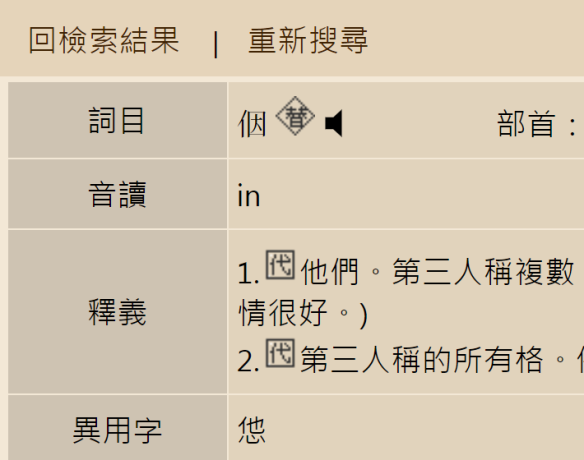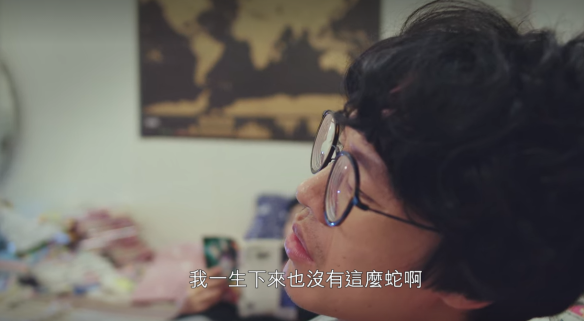Recently I’ve been getting into a Netflix adaptation of 《花甲男孩》, a book written by Yang Fu-min (楊富閔). The author was in the younger year of my graduate institute while I was studying at NTU and I previously interviewed him (awkwardness all round) here. The series is called ‘A Boy Name Flora A’ in English (not quite sure how that got past the editors). I’ve just started, but so far it’s quite funny. As a lot of the humor in the show involves wordplay, however, I have to wonder how much of it comes across in English.
One example is in the first episode, where you can see the difficulty in trying to translate a dad joke:



-欸,你懂易經嗎?
我只知道易經他媽是誰
-誰?
液*晶(yìjīng)螢幕 (易經in(他)母(bú))
液 is normally pronounced yì in Mandarin in Taiwan, although elsewhere you’ll find it listed as yè
-Oi, do you understand the Book of Changes?
– I only know who the Book of Changes mother is
– Who?
– An LCD screen (homophone for “the mother of the Book of Changes” in Taiwanese)
So in, Taiwanese, “in bú” means 「他媽」 or 「他母」. The in is sometimes written using the following character (a combination of 亻 and 因):

The translation on the Netflix series, understandably maybe, gives up on trying to show where the humour is:
– Hey, do you know what I-Ching is?
– I only know its mother.
– Who is it?
– It’s I-Ching as in an LCD screen.
It brought me back to my days hanging around with a crowd from Pingtung where all the punchlines of the jokes were in Taiwanese – and just didn’t sound funny when they “explained the joke” in Mandarin after the fact.
I imagine those translating it also struggled to make a distinction between the “feel” of the Taiwanese and the Chinese in the English translation.
Anyway – lunch-break is almost over, so I’ll leave you with another bit of slang the show taught me today:

「蛇」(snake) here is short for 「魯蛇」 which is a transliteration of “loser”:
「我一生下來也沒有這麼蛇啊」
(I didn’t start out a loser.)
I’d never heard 蛇 used independently of the 「魯」 in this way before.
